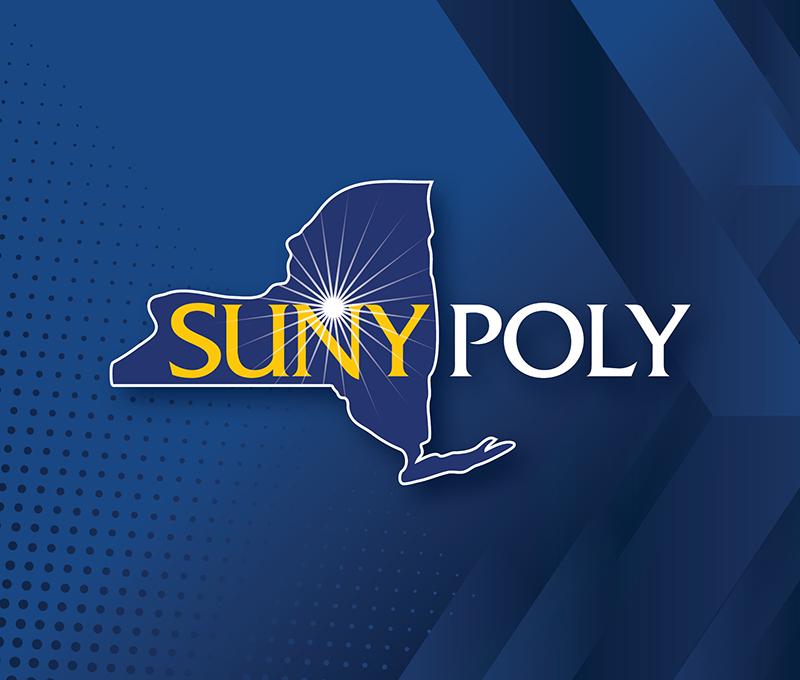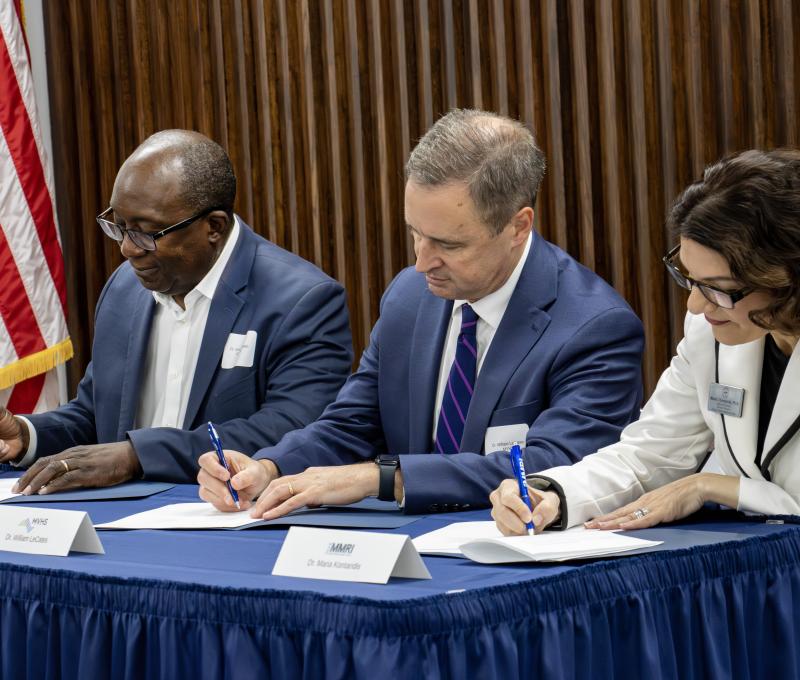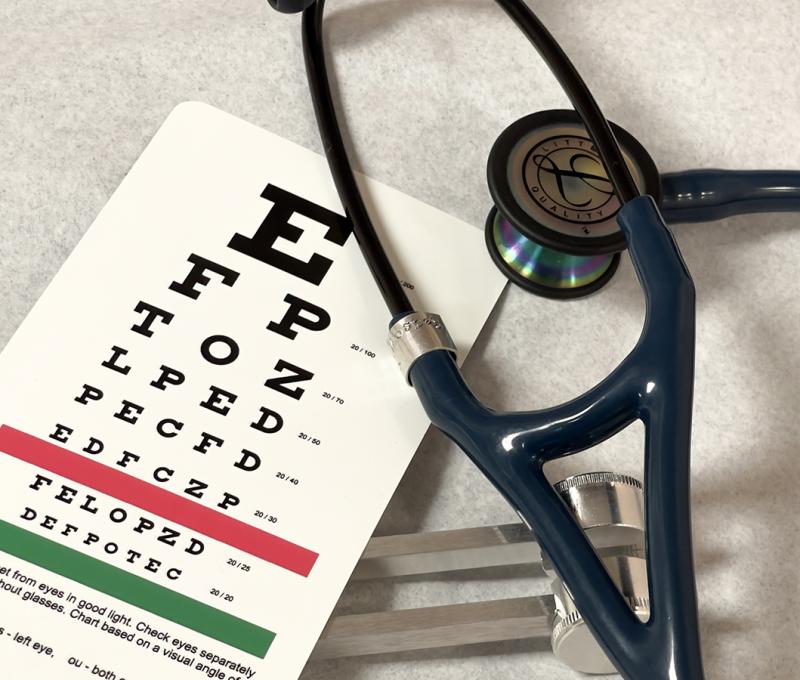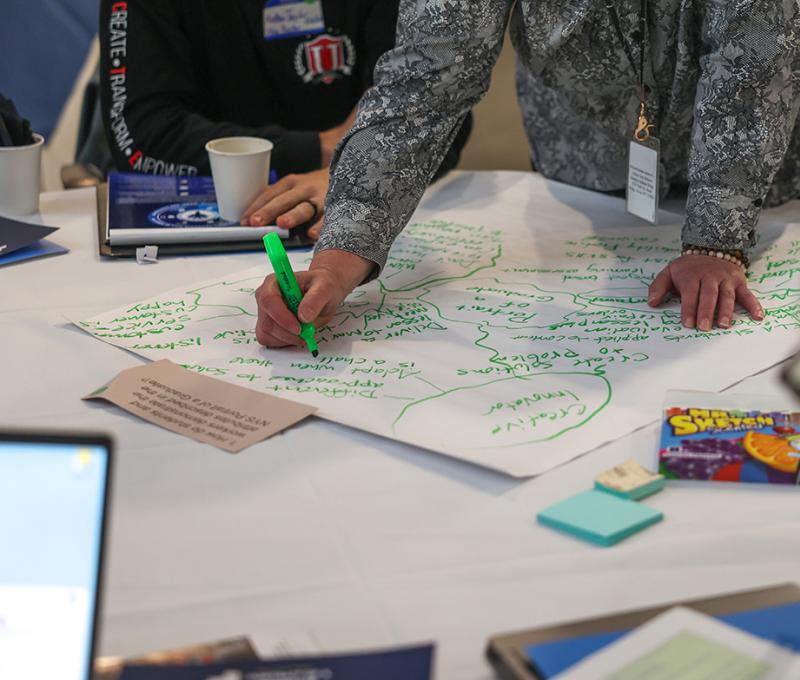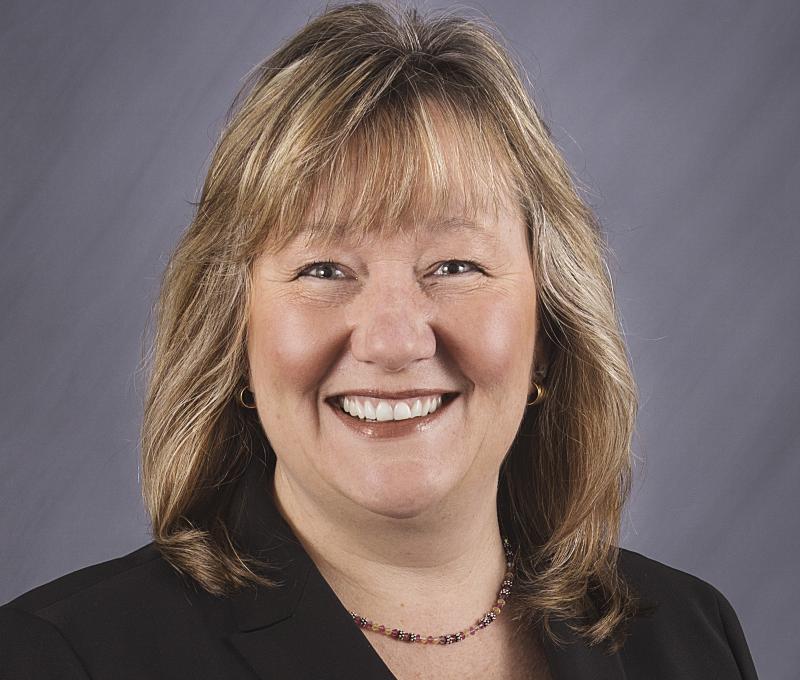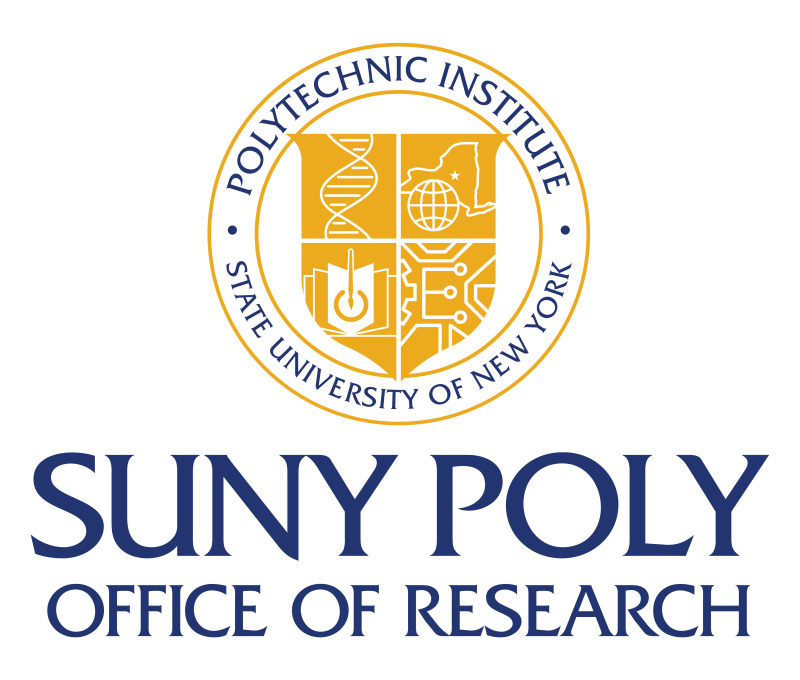AFRL Hosts 1st International QIS Workshop at SUNY Poly

UTICA, NY - SUNY Polytechnic Institute’s (SUNY Poly) Utica campus last month served as the international hub for next-generation quantum information science as nearly 200 leaders from across the globe shared research discoveries and advancements in this rapidly expanding field.
The three-day Quantum Information Science (QIS) 1stInternational Workshop, held July 9 - 11, was launched at SUNY Poly’s Marcy campus and hosted by the Air Force Research Laboratory (AFRL) Information Directorate, based in Rome, NY. The workshop opened Tuesday with remarks from SUNY Poly Interim President Dr. Grace Wang and AFRL Information Directorate Director, Col. Timothy J. Lawrence.
“This first AFRL International Quantum Information Science Workshop provides a robust foundation to further catalyze our partnerships in quantum information science and engineering research, and we are excited to work with the AFRL to support such an important endeavor,” said Dr. Wang. “SUNY Poly is thrilled that leaders in this critical area of research and development traveled here from across the world to pursue a collaborative pathway to discover new innovations in timing, sensing, communications, networking, and computing that can serve to enable next-generation education and research opportunities for the region and New York State.”
“This workshop provided a forum to strengthen and ignite new collaborations, as well as advance current research areas,” said Col. Lawrence. “Recent progress in quantum information science and technology will ultimately lead to revolutionary advances in global technology capabilities.”
Keynote speakers included Dr. Walter G. Copan, Under Secretary of Commerce for Standards and Technology and NIST Director, Dr. Richard J. Joseph, Chief Scientist of the United States Air Force, Dr. Paul Lopata, Assistant Director of Quantum Science for the Office of Under Secretary of Defense for Research and Engineering, and Dr. Alexander Cronin, Senior Quantum Coordinator for the National Quantum Coordination Office.
The event was opened to the media Wednesday, July 10, with a 40-poster presentation that demonstrated recent quantum advances. The event also featured a live demonstration by Dr. Austars Schnore, Principal Engineer at GE Global Research, at which he discussed specific ways quantum computing can facilitate asset sustainment at General Electric.
Countries represented at the QIS 1stInternational Workshop included Australia, Austria, Brazil, Canada, Chile, Italy, Japan, Mexico, Singapore, South Korea, Spain, United Kingdom, and the United States.
The workshop concluded with tours of the Air Force Research Laboratory’s Quantum Labs and Open Innovation Environment.
####################
About SUNY Polytechnic Institute (SUNY Poly)
SUNY Poly is New York’s globally recognized, high-tech educational ecosystem. SUNY Poly offers undergraduate and graduate degrees in the emerging disciplines of nanoscience and nanoengineering, as well as cutting-edge nanobioscience programs at its Albany campus, and undergraduate and graduate degrees in technology, including engineering, cybersecurity, computer science, and the engineering technologies; professional studies, including business, communication, and nursing; and arts and sciences, including natural sciences, mathematics, humanities, and social sciences at its Utica campus; thriving athletic, recreational, and cultural programs, events, and activities complement the campus experience. As the world’s most advanced university-driven research enterprise, SUNY Poly boasts billions of dollars in high-tech investments and hundreds of corporate partners sice its inception. For more information visit www.sunypoly.edu.
About AFRL
The Air Force Research Laboratory (AFRL) is the primary scientific research and development center for the Air Force. AFRL plays an integral role in leading the discovery, development, and integration of affordable warfighting technologies for our air, space, and cyberspace force. With a workforce of more than 11,000 across nine technology areas and 40 other operations across the globe, AFRL provides a diverse portfolio of science and technology ranging from fundamental to advanced research and technology development. For more information, visit www.afresearchlab.com.


